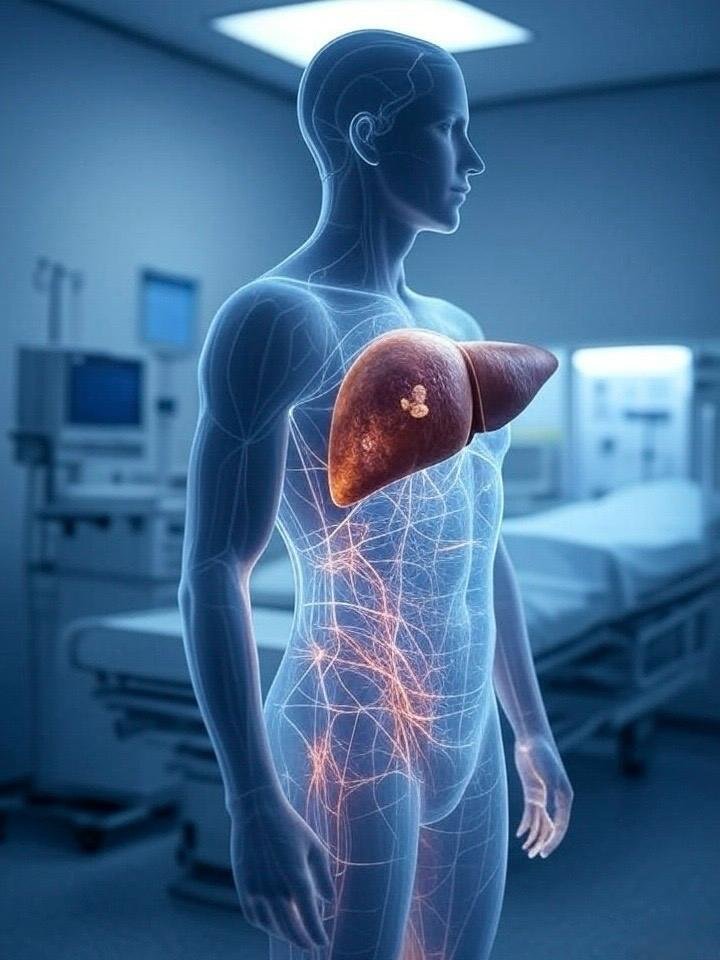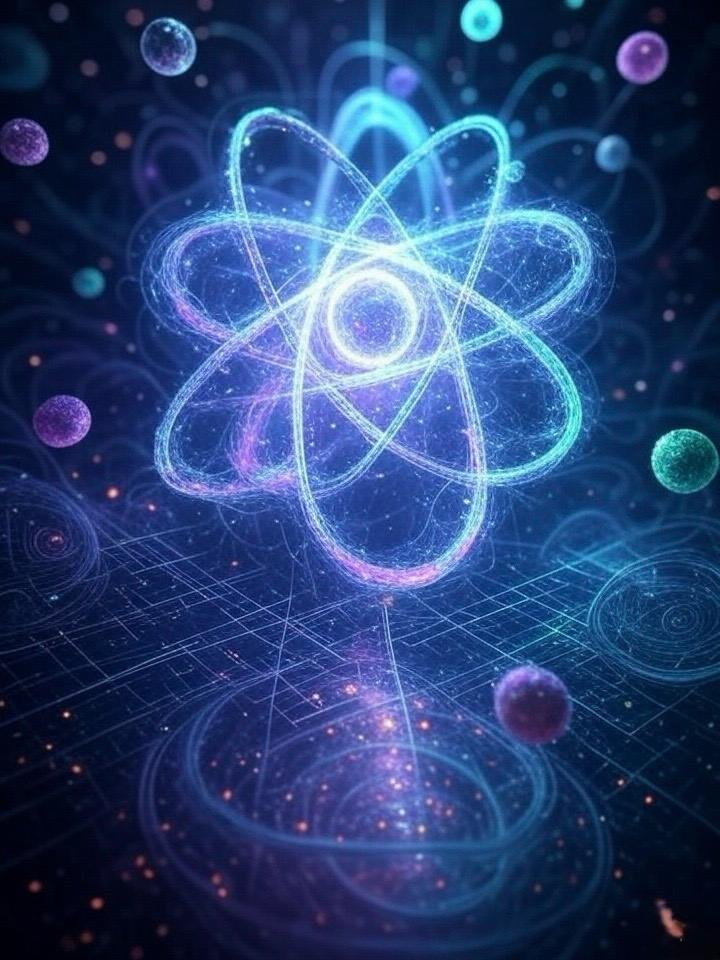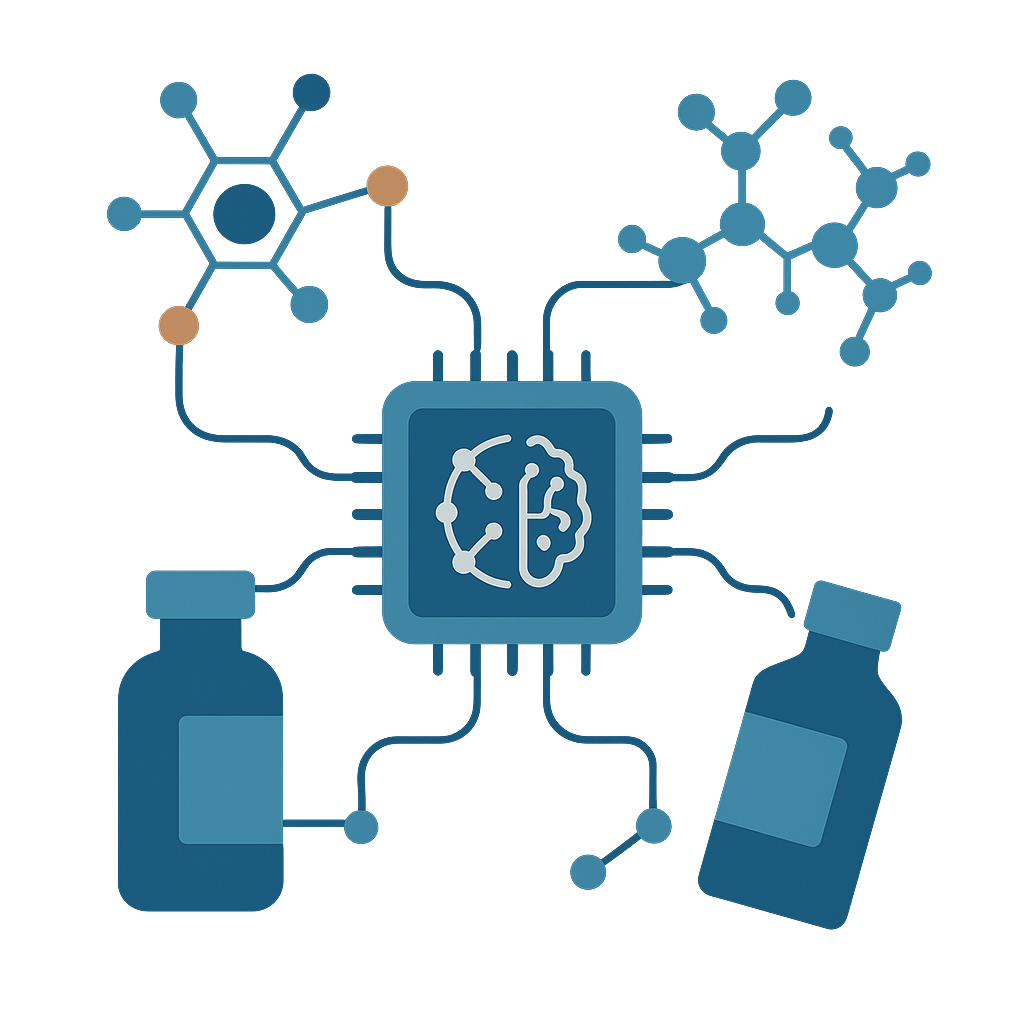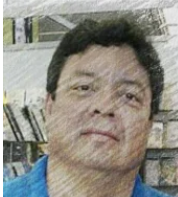-

Artificial Intelligence and Liver Cancer: A New Chapter in Early Detection and Care
Dr. Marco V. Benavides Sánchez. Liver cancer remains one of the most challenging diseases in modern medicine. Often diagnosed late and difficult to treat, it carries a high mortality rate worldwide. But recent advances in artificial intelligence (AI) are beginning to shift the landscape—offering new tools for earlier diagnosis, more accurate treatment planning, and better…
-

The Quantum Revolution: A New Era of Science and Technology
Dr. Marco V. Benavides Sánchez. Imagine a world where particles can be in two places at once, where information travels instantly across vast distances, and where computers solve problems that would take centuries for today’s machines. Welcome to the Quantum Revolution—a scientific and technological shift that’s reshaping our understanding of reality and unlocking new possibilities…
-

The Rise of Artificial Intelligence: A New Era Since November 2022
Dr. Marco V. Benavides Sánchez. Since the public release of ChatGPT in November 2022, artificial intelligence (AI) has undergone a seismic shift—not just in technological capability, but in cultural relevance, economic impact, and global discourse. What was once a niche tool for researchers and developers has rapidly evolved into a ubiquitous presence in everyday life,…





